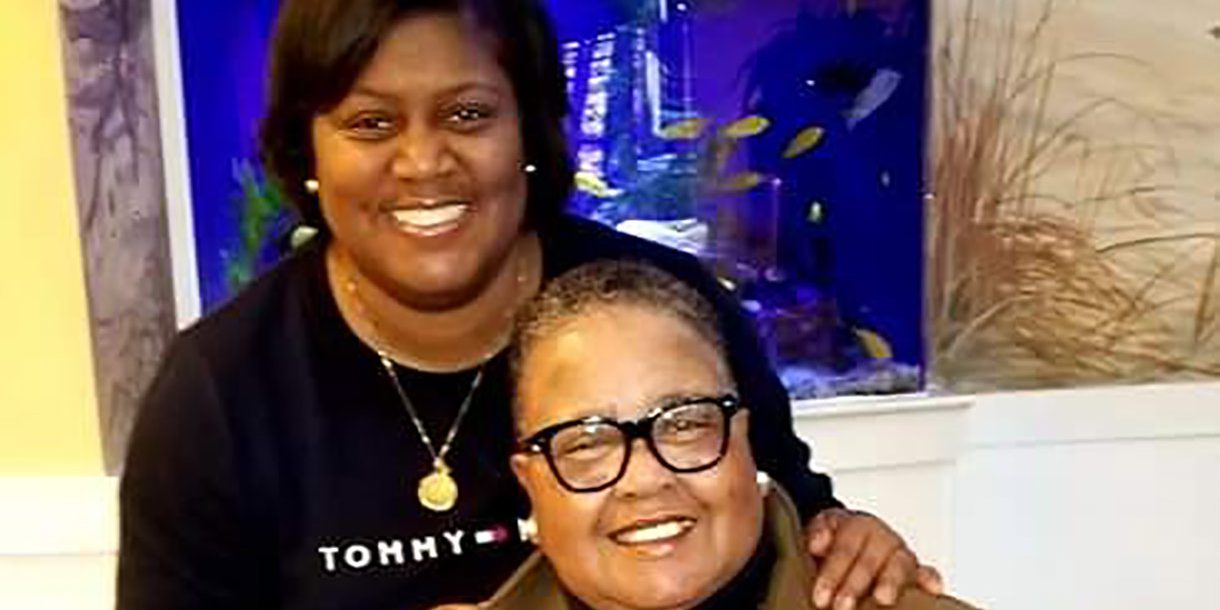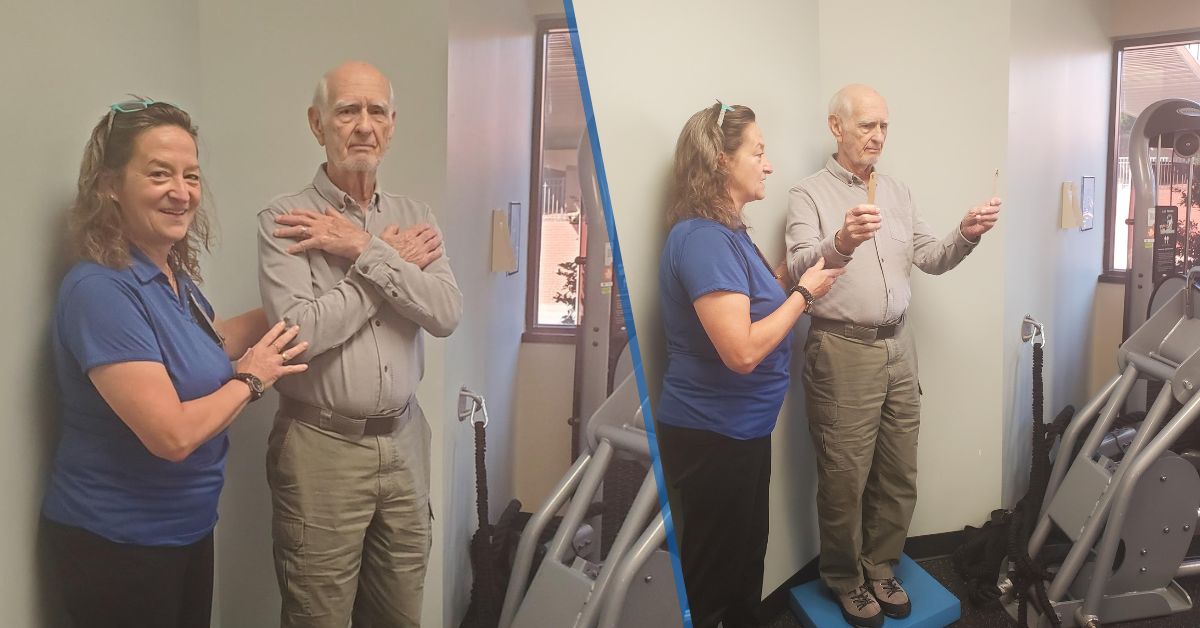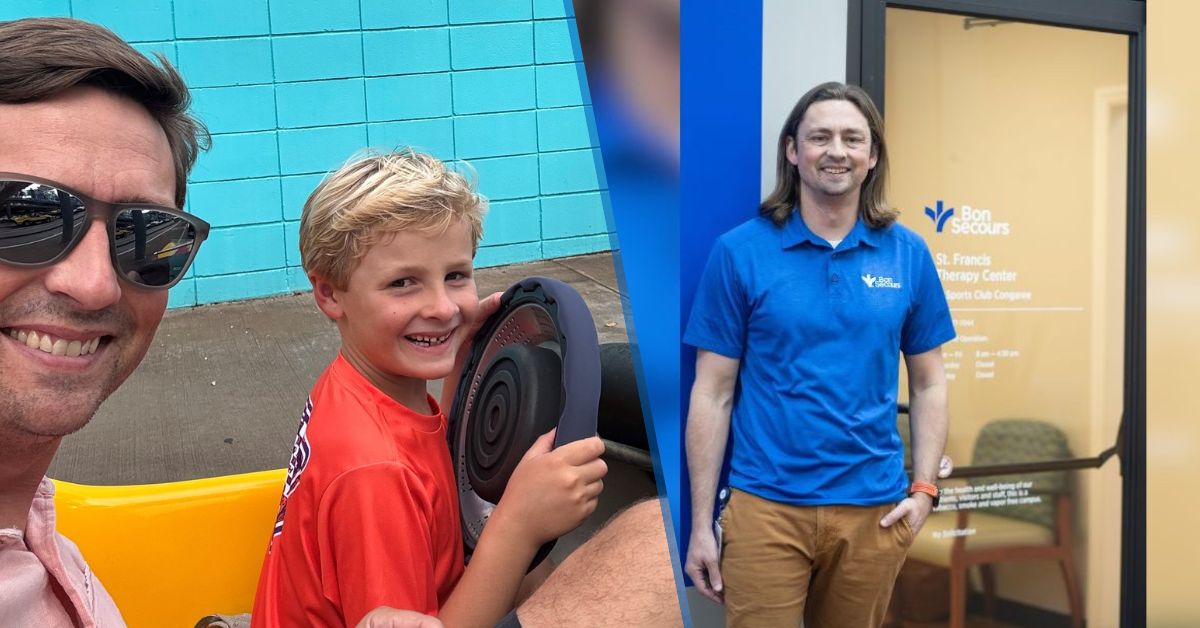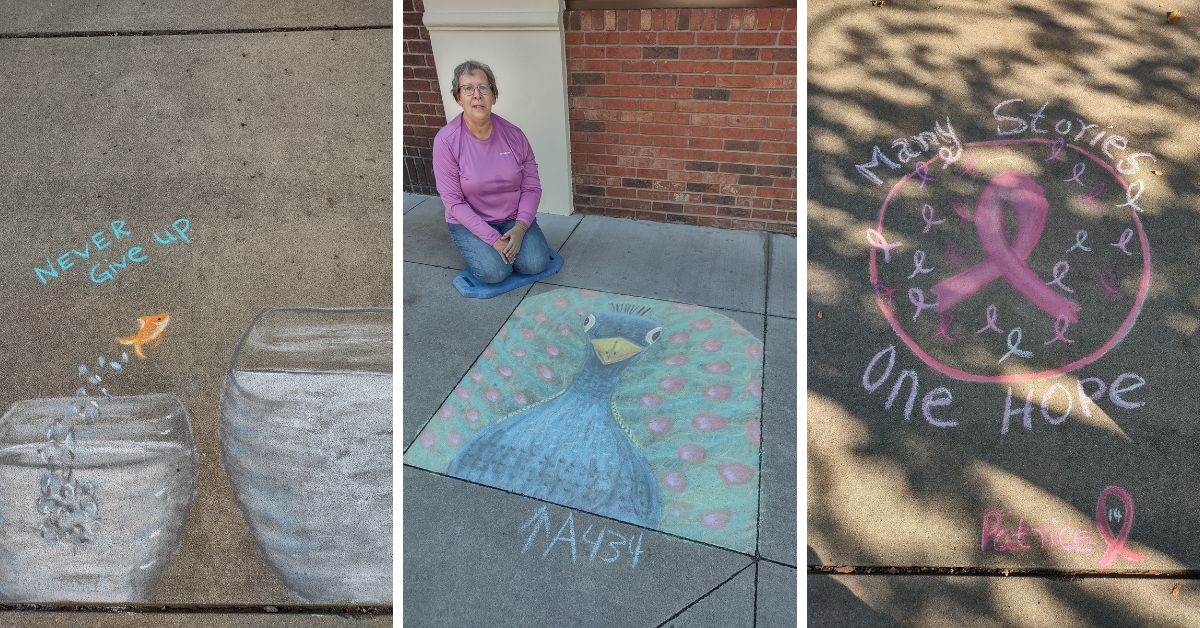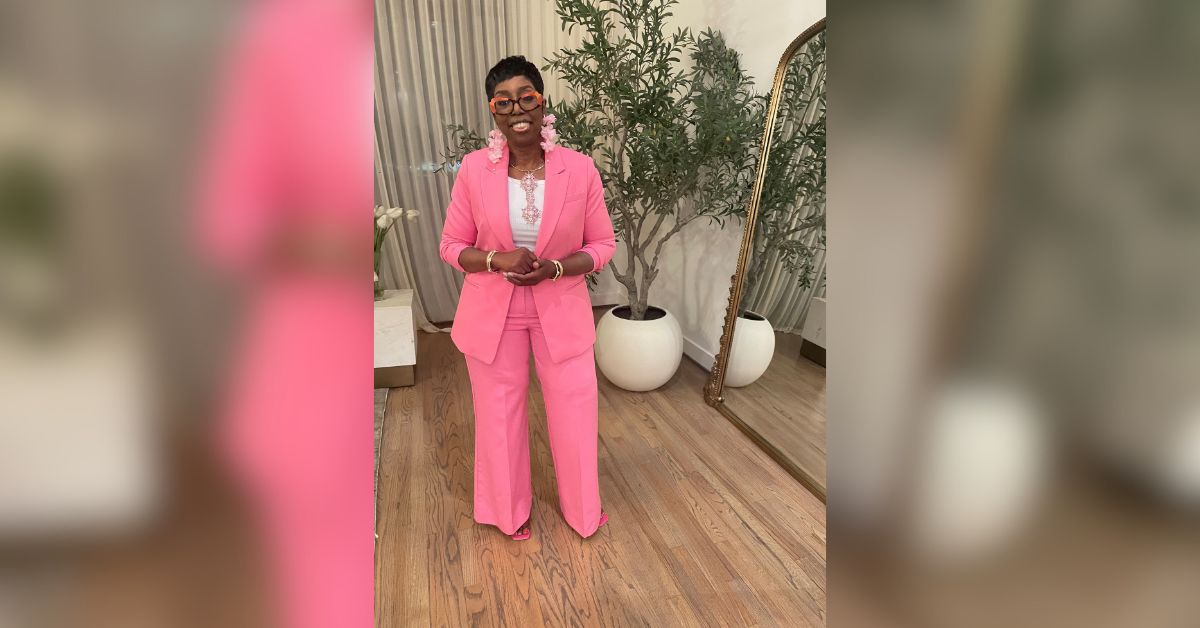Conquering COVID-19 is something the world is still trying to figure out how to do. For Denice Harris, it’s something she’s personally done along with her mother, Carolyn. Both were hospitalized this year with the virus.
“I had gone to a birthday party one weekend, right around the time they began restricting large gatherings,” recalls Denice. “By that Monday, I started to get a cough, but I didn’t think anything of it. I figured it was just allergies. Then, even as I got worse, I assumed it was either the flu or a sinus infection.”

Denice’s son finally called EMS after Denice complained of not being able to breathe. After being admitted to Bon Secours – St. Francis Downtown, she learned she had contracted COVID-19.
“Initially, I was like a lot of people – ‘I’m not gonna get it,’ and ‘Is it really that serious?’ Then, I got it and it was a shock. It wasn’t just that I wasn’t invincible, but I was scared because so little was known about it at that time,” she says.
Denice would spend seven days at St. Francis Downtown receiving treatment. She credits the nurses’ compassion and the doctors’ honest approach for getting her through her illness.
“I appreciated the doctor I had, and I respected him so much because he wasn’t putting on a façade and making promises he couldn’t keep,” Denice recalls. “He exposed the vulnerability that came along with not knowing a ton about this new virus, and instead promised me he would do everything in his power to get me out of the hospital and back home healthy. I knew then, without a doubt, he would take great care of me.”
That’s exactly what happened. However, not long after Denice was released, her mother was hospitalized with the same COVID-19 diagnosis.
“When that happened, I had a lot of emotions: fear, anger, guilt – did I give this to her?”
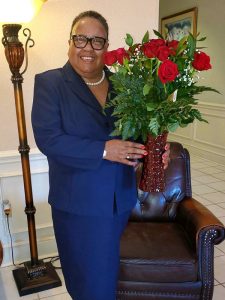
Carolyn’s fight against COVID-19 wasn’t as straightforward as her daughter’s had been. She stayed in the ICU at St. Francis Downtown for four weeks. During most of that time, she was on a ventilator.
Because Carolyn couldn’t communicate with her family, Denice made it her daily routine to call in and check on her mother.
“I called three to four times per day, not only to get updates, but to let the staff know she is loved, has a family that cares about her and is involved in her well-being,” Denice shares. “I also wanted the staff to know that our family supports them and believes in them because we recognized they’re putting their lives at risk to do this.”
Denice says the nurses really made all the difference – always welcoming her calls and taking time to answer her questions and explain what was happening with her mother’s care.
“The patients aren’t able to talk, but it’s great for the family to be able to see with their own eyes how their loved one is doing and what we’re doing for them,” intensive care unit (ICU) nurse Haley Alverson shares. “So, we use iPads to keep them connected. With Mrs. Harris, she was mouthing words and sitting up in bed towards the end of her stay with us and her family got to see that progression, which was great.”
After weeks of communicating, Denice began to form a bond with the nurses working in the ICU. Once when she missed her regular call to check on her mother, the nurses reached out to make sure she was doing okay.
“I definitely felt a connection, speaking with her so often,” Haley shares. “In fact, I got to meet Denice outside the hospital one day and it was so exciting to see her face to face finally. She was asking about my life and I shared that I had just gotten engaged, so she celebrated that with me. We definitely became close through all of it.”
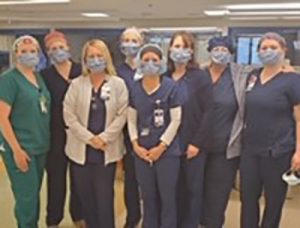
The bond Denice formed with several of the nurses and the care she received during her own hospital stay made her decide to give back.
“They’re working in such extreme circumstances. I’d seen it. Every time they’d come into my hospital room, they’re completely covered [in PPE], and then they would go out and have to take it all off just to get geared up all over again to go into the next room. Yet, they were always so kind.”
Denice decided to buy lunch for the staff as a way of saying thank you. However, when she called the Chick-Fil-A in Mauldin, SC, and told them what it was for, the restaurant ended up donating the meals. Even after delivering the food to the hospital, Denice wanted to do more. She then chipped in for coffee and donuts the staff could enjoy.
“It’s been incredible the support we have felt from the community – restaurants donating meals, people praying for us, all of it. It’s really helped us stay positive and get through the hard days,” says Haley.
Read more stories that celebrate our amazing Bon Secours nurses.
Stay updated on what Bon Secours is doing related to COVID-19.

